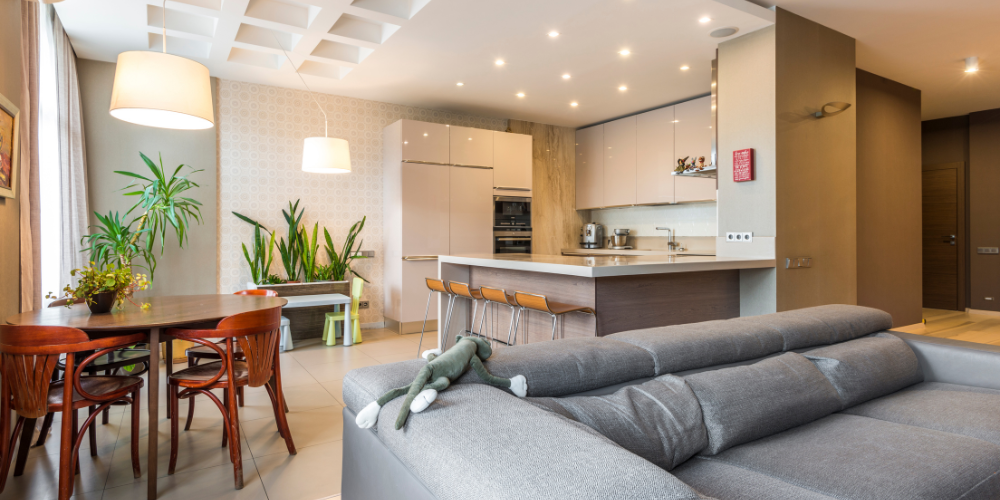In the grand tapestry of daily life, the suburban commute stands out as a unique thread, weaving together the dual concerns of time and money in a pattern that’s as complex as it is commonplace. For many, the journey from the suburban tranquility to the urban hustle is a daily ritual. This balancing act demands patience and a savvy understanding of cost-effective strategies to make the most out of every mile and minute.
Let’s explore the art of suburban commuting, where the goal is not just to get from point A to B but to do so in a way that’s both time-efficient and friendly on the wallet. The trick lies in finding that sweet spot, a harmonious blend of cost savings and time management that transforms the daily grind into a more palatable, if not enjoyable, experience.
Embracing Public Transportation
One often overlooked gem in the commuter’s toolkit is public transportation. Buses, trains, and trams are not just relics of a bygone era but are the pulsing veins that connect the suburban heartland to the metropolitan core. Opting for public transit can be a game-changer, offering a respite from the relentless snarl of traffic while providing a fixed schedule to plan your day. The cost benefits are undeniable, with monthly passes often undercutting the expense of gas, parking, and the wear and tear on your vehicle.
But public transportation isn’t just about saving dollars; it’s also about reclaiming time. Those minutes spent in transit can be repurposed for reading, working, or even a moment of mindfulness before the day’s demands come calling. When used wisely, it’s a segment of time that can add a layer of productivity or relaxation to your day that driving simply can’t match.
The Rise of Carpooling and Ride-Sharing
Carpooling is an age-old solution that’s found new life in the digital age. By sharing rides with neighbors or colleagues, you’re not just splitting the cost of gas but also contributing to a greener planet by reducing the number of vehicles on the road. The advent of ride-sharing apps has made connecting with potential carpool buddies easier than ever, turning what was once a logistical nightmare into a few simple taps on a smartphone.
Ride-sharing platforms offer a similar convenience, allowing commuters to enjoy the comforts of a car ride without the commitments of ownership or the solitude of driving alone. While slightly pricier than public transit, these services can still be a cost-effective alternative to solo driving, especially when considering the time saved by zipping through carpool lanes or avoiding the hunt for parking in crowded urban centers.
Flexibility and Remote Work
The past few years have ushered in a seismic shift in the working world, with remote work and flexible schedules becoming more than perks—they’re now lifelines for balancing professional and personal life demands. For suburban commuters, this shift has opened up new avenues for managing the time and cost of commuting.
Working from home, even just a few days a week, can dramatically reduce commuting costs and reclaim hours that would otherwise be spent in transit. On days when the office calls, flexible schedules allow for off-peak travel, dodging the worst traffic and perhaps snagging cheaper fares on public transportation.
The Bicycle Renaissance
For those within a reasonable distance, cycling to work can be a refreshing way to start the day, offering a burst of exercise while dodging both traffic jams and transit fares. The growth of dedicated bike lanes and bike-share programs in many urban areas has made cycling a more viable and safe option than ever before.
The Bottom Line
With its inherent challenges, the suburban commute also presents a canvas for creativity and innovation in how we approach our daily journeys. By blending traditional methods with modern conveniences, it’s possible to strike a balance that not only eases the strain on our wallets but also enriches our daily lives. The key lies in remaining flexible, open to change, and ever-mindful of the delicate dance between time and money that defines the suburban commuting experience.














